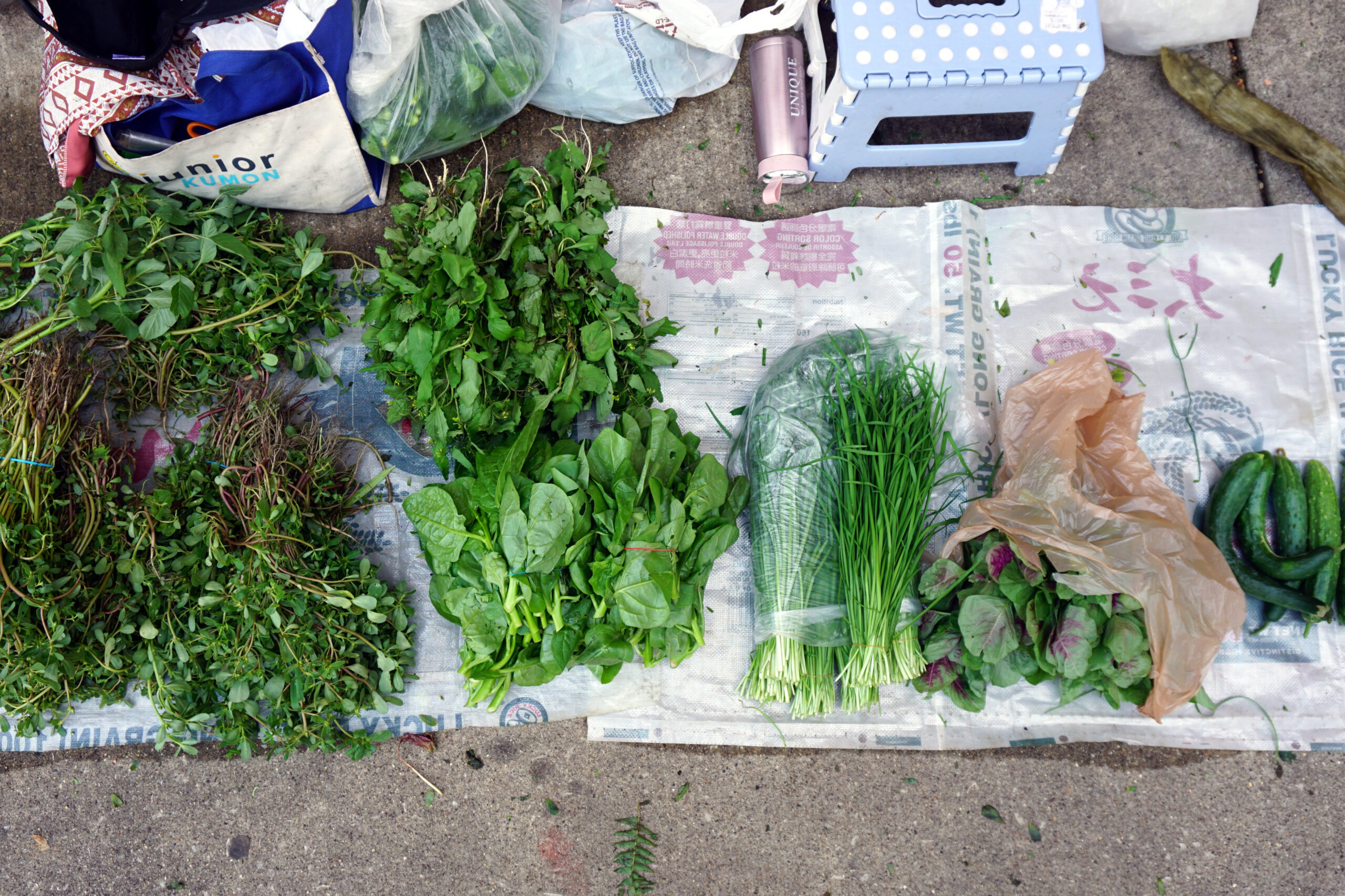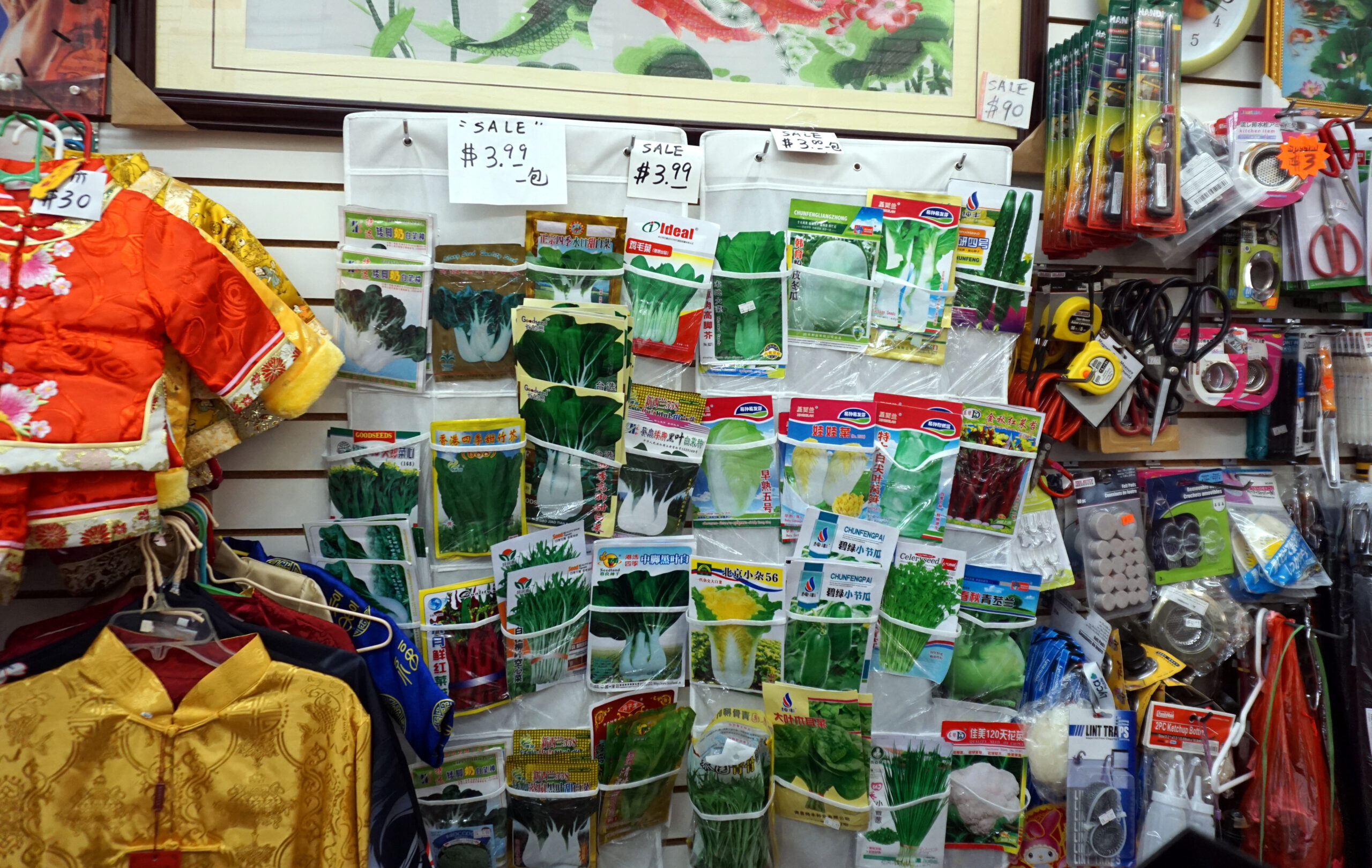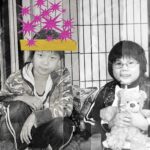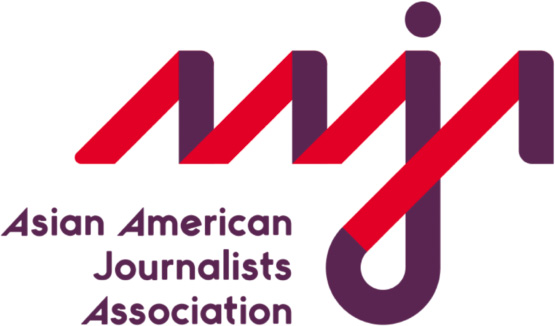Student work • Washington, D.C. 2023
 Despite the pressing urgency of climate change, environmental issues receive limited attention during elections among AAPI voters. Activists strive to engage AAPI communities in the fight for environmental justice.
Despite the pressing urgency of climate change, environmental issues receive limited attention during elections among AAPI voters. Activists strive to engage AAPI communities in the fight for environmental justice.
Published July 21, 2023
 Xuandi Wang
Xuandi Wang

Chinatown residents in Chicago display their abundant, homegrown harvests on the streets. (Photo: Xuandi Wang)
Storystream
Read more stories from this series.
CHICAGO, IL — In the heart of Chicago’s bustling Chinatown, Asian American families find solace in the tranquility of their backyard gardens. Amid the aromatic alleys filled with the scents of bitter melon and bok choy, these vibrant patches of green represent more than just produce: They provide ethnic ingredients often absent from supermarket shelves.
Beneath the surface, however, lies a hidden threat. The soil nurturing these gardens is contaminated with lead, a hazardous substance that poses developmental risks, especially to children, through long-term exposure, according to the Environmental Protection Agency.
That is precisely the issue that Chicago Asian Americans for Environmental Justice (CAAEJ) aims to tackle. Co-founded in 2019 by Kelly Chen and Andrea Chu, the organization aims to empower Asian American residents in immigrant-heavy neighborhoods to join the fight for environmental justice.
As the climate crisis continues to wreak havoc across the U.S., communities of color are bearing the brunt of its repercussions. Studies reveal that Asian Americans – along with Black people, Latinos and other people of color – suffer disproportionately from environmental risks and pollution. Dangerous air pollution affects Asian Americans at higher levels compared to their white counterparts, with increased exposure to neighborhood tailpipe and smokestack emissions, according to a 2021 report.
Despite the pressing urgency of climate change, environmental issues receive limited attention during elections among AAPI voters, according to Chu.
While a recent Asian American Voter Survey indicates that 75% of Asian Americans consider the environment a very or extremely important political issue, it barely ranks as a top concern when casting their votes, according to Chu.
“People tend to be mobilized around more immediate causes,” Chu said. “While the AAPI community is concerned about environmental issues, they tend to view it as a long-term concern with no quick solution.”
The mainstream environmental movement historically excluded AAPI communities, which also contributes to low engagement around environmental causes, Chu said.
Additionally, she said the model minority myth perpetuates a misleading perception that AAPI communities live in affluent neighborhoods, far removed from sources of pollution.
“A lot of folks in the AAPI community are below the poverty line, living in neighborhoods that don’t get enough investment,” Chu said. “But the media often shows Asian Americans as a wealthier ethnic group, so these struggles go unnoticed. If we want to move forward, we need to start by making everyone aware that this is a real issue affecting our community.”

A convenience store in Chicago’s Chinatown offers a wide range of vegetable seeds. (Photo: Xuandi Wang)
That’s why Kimi Waite, an Asian American activist and educator based in California, is dedicated to researching and educating people about the historical contributions of AAPI communities to the environmental movement.
In a 2019 op-ed in Ms. magazine, Waite highlighted various ways that AAPI communities have committed and contributed to the environmental justice movement, such as the California-based Asian Pacific Environmental Network (APEN). The organization was instrumental in alerting Asian Americans to the environmental dangers in Richmond, California. The city became a shelter for Laotian refugee families when they were displaced by the Vietnam War and the Secret War in Laos. It was also home to over 350 toxic facilities, including the state’s largest pollution source, according to the organization’s website.
“Asian Americans and Pacific Islanders, and Asian immigrants, have all been crucial in advancing community-oriented environmental justice,” Waite said. “These organizations and leaders show that the environment isn’t just a ‘pristine’ wilderness area, but are sites where we live, work, eat, play, and pray.”
Darek Lau, communications director for CAAEJ, said it is vital to educate Asian Americans about their communities’ connection to environmental advocacy. Lau spearheads regular workshops to teach the local Chicago community about the intersection of AAPI history and the environmental movement.
The environmental hazards facing Chinatown residents today are intimately tied to the discrimination early Chinese immigrants in Chicago endured, according to Lau. Chicago’s Chinatown was born out of the forced relocation of the Chinese immigrant community to an abandoned rail yard in the early 20th century. City Hall and business leaders, harboring prejudices against Asians, pushed them southward, pricing them out of downtown areas.
In 1984, Chinatown’s civil leaders purchased a 32-acre site from the Santa Fe Railway, establishing Ping Tom Memorial Park as a community gathering place. Traces of the railway network still remain in this vibrant space, where an active commuter line serves as a reminder of the community’s history.
Despite extensive environmental cleanup efforts during the early stages of property development in Chinatown, the industrial legacy continues to contribute to the lingering metal pollution in residents’ backyards, Lau said.

The railway system remains operational at the entrance of Ping Tom Memorial Park in Chicago’s Chinatown. (Photo: Xuandi Wang)
Lau recognizes that engaging AAPI communities in the fight for environmental justice is an uphill battle. But he — and other AAPI activists — are committed to preserving their communities.
“We have much work ahead to maintain momentum and ensure AAPI communities recognize that we are all in the fight for a better climate future,” Lau said.
Xuandi Wang is a recent graduate of Northwestern University. He is currently an editorial intern at In These Times, a labor magazine in Chicago, and will soon start his policy fellowship with Cook County. His reporting focuses on urban affairs, environmental governance, and more. His Twitter: @aaronwangxxx





Washington, D.C. 2023





Apply
Become a fellow or editor
Donate
Support our impact
Partner
Work with us as a brand

The Asian American Journalists Association (AAJA) is a membership nonprofit advancing diversity in newsrooms and ensuring fair and accurate coverage of communities of color. AAJA has more than 1,500 members across the United States and Asia.